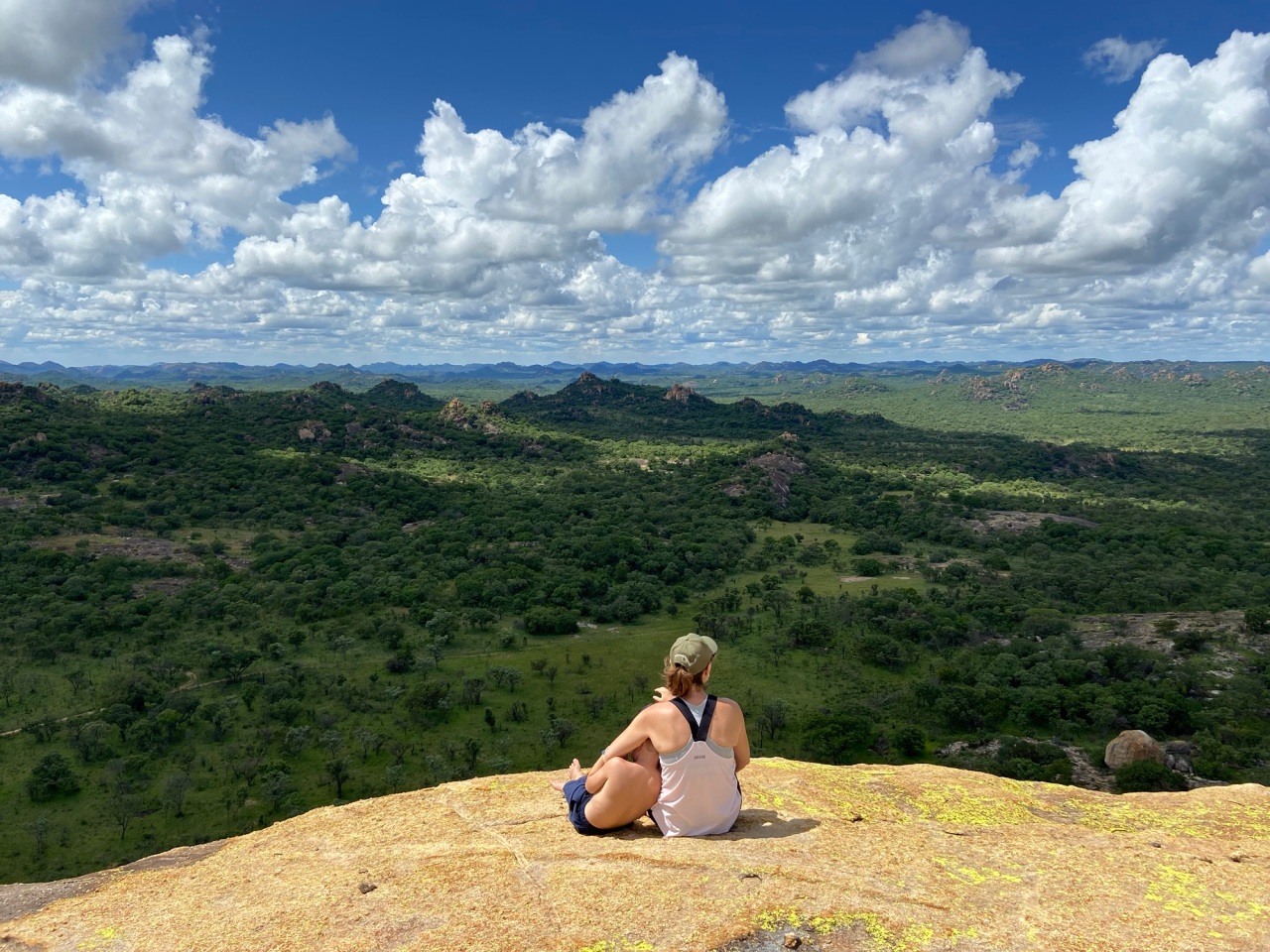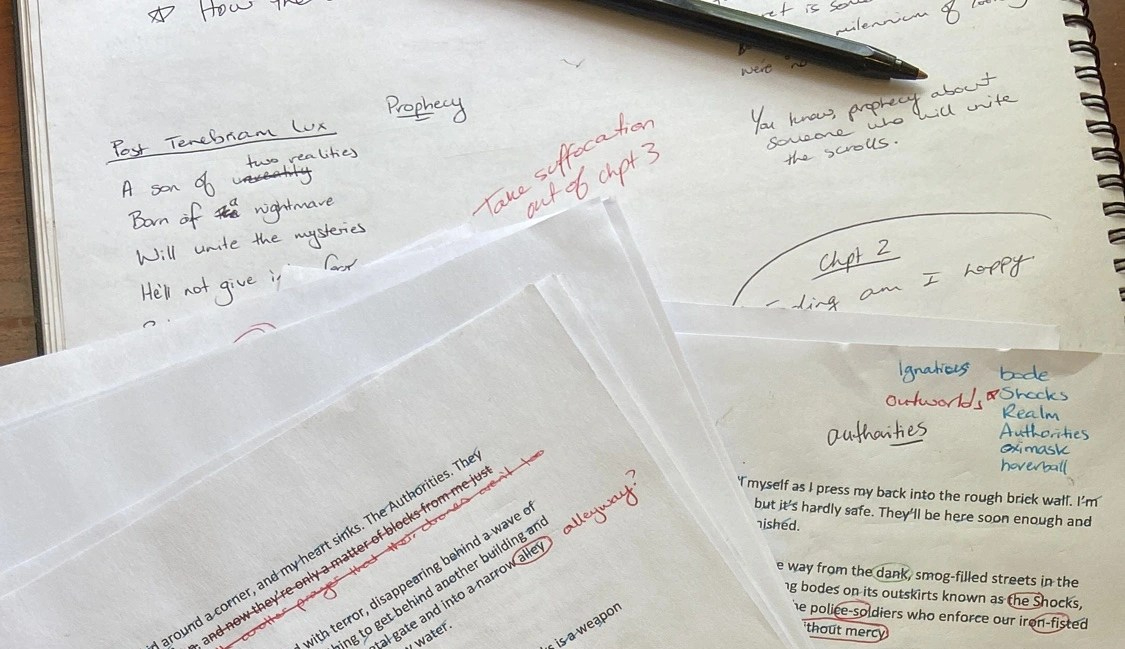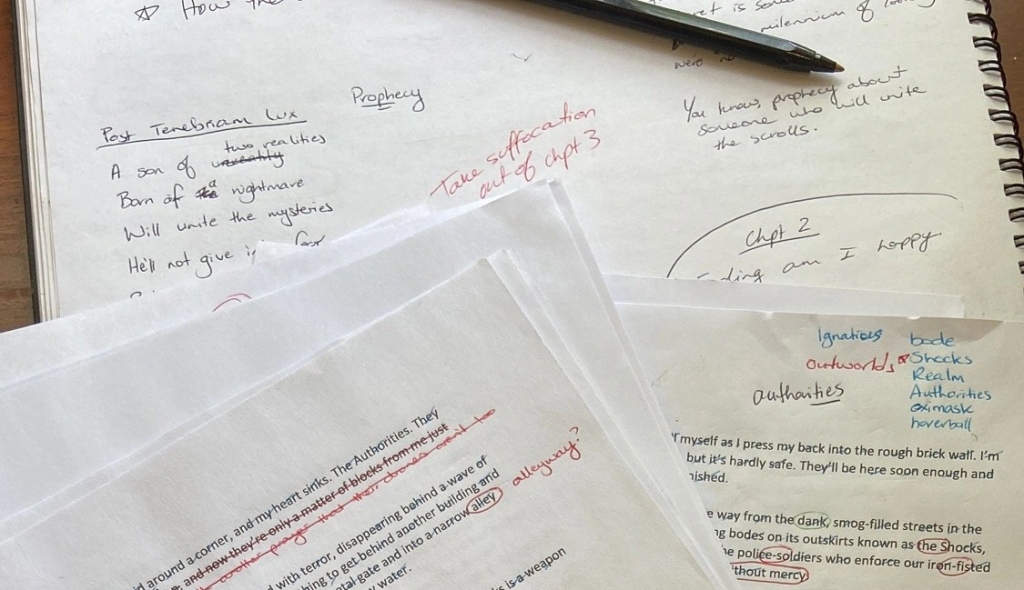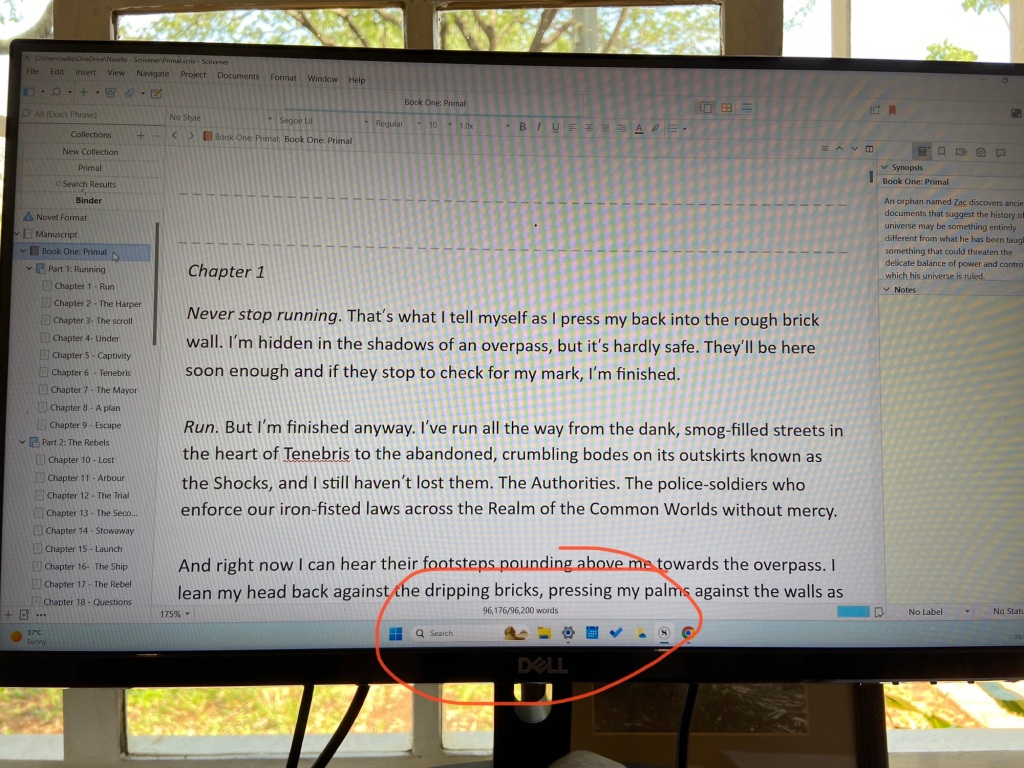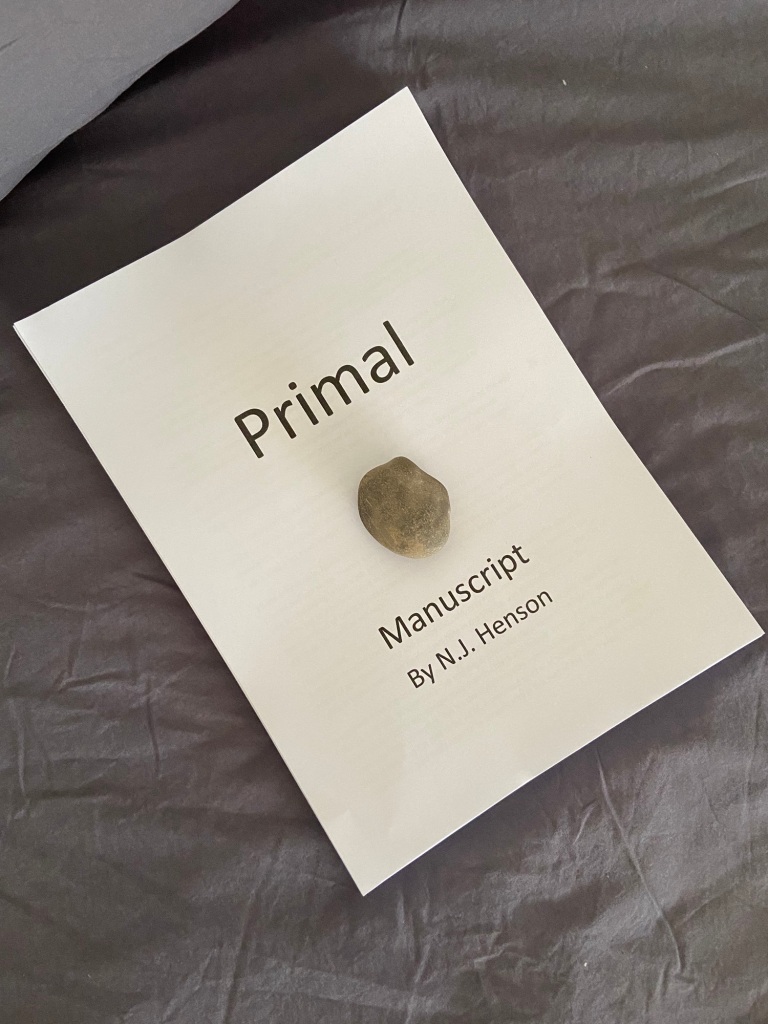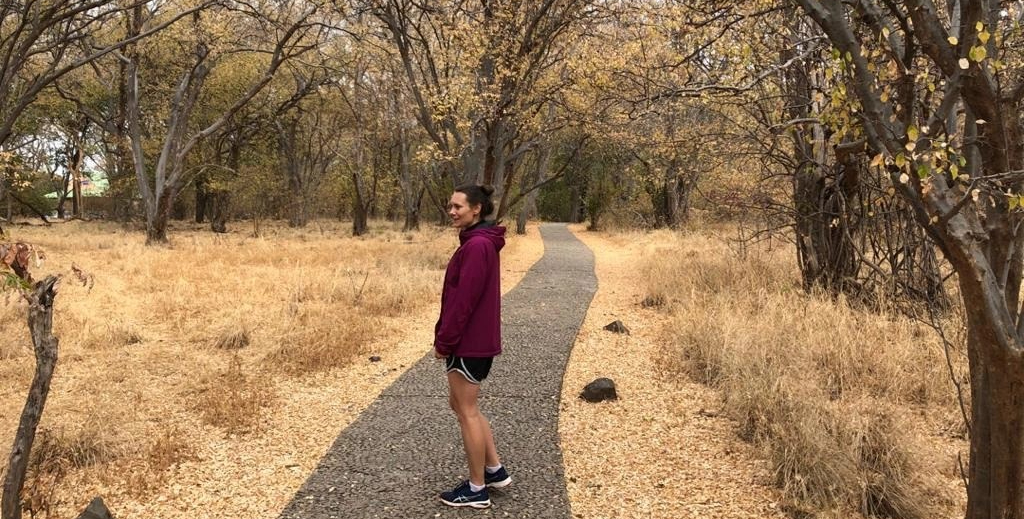Reblog: Do your thing
I was staring at a blank screen.
For a writer, this is usually the dream. Blank screens are full of potential, life, meanings not yet messed up by words.
But something had changed. All I could think as the cursor blinked silently was how useless writing was. Nurses saved lives. Teachers changed them. Accountants kept them financially afloat.
But writers…what were they any good for?
I had been feeling discouraged for months as I freelanced and job hunted, but that day was different. I distinctly remember, for the first time in my life, doubting the value of what I loved. Doubting that I could do anything worthwhile with it. Wondering if I should just give up.
And so, I had sighed, and picked up a stack of yellowed papers. They were my grandmother’s old speeches, from when she had toured New Zealand and Australia as the president of CWCI. She had also achieved minor celebrity in church circles as a frequently published poet. Writing had always been our special connection, so I had asked if I could write her biography in between freelance jobs. She’d given me the papers as a start, a random dash-and-grab from the massive wardrobe full of her work.
I smoothed a hand over the typed words.
“You have asked me here today to speak about why I write poetry, and how. The how I cannot answer. It simply comes. But the why I can. I write because it is my talent….”
I put the speech down, slightly flabbergasted, and picked up the next one. It began in almost the same way.
“I often get asked why I write poetry, and how. The how I cannot answer. It simply comes. But the why I can. I write because it is my talent. In Matt 25:14-30 Jesus tells us that we are to use our talents, not hide them away….”
On and on it went, speech after speech on why my grandmother wrote. And always, she came back to the fact that God had given her the ability to write, so write she must. They were words written for an entirely different audience, sixty years earlier, but they spoke with just as much power as when they were first penned.
Power that reminded me when the Father places a talent in our hearts, it has value.
Whether or not we see the difference it makes.
Whether or not we are finding it easy.
Whether or not we do it in secret, as we go about our ordinary lives, or in public should the chance come along.
By the end of that afternoon, I was in tears. My Heavenly Father had gently but persistently reminded me that He had given me a gift, and that alone gave it value, and meant I must use it.
Because, it turns out, He is responsible for taking what we offer up with those talents and weaving them into His beautiful love story for humanity. We simply trust him and get on with our little part.
So, wherever you are today, whatever your talent, don’t hide it away. Do it with all your heart, whenever you get the chance, and the Father will weave it into something beautiful.
The Creator
He takes the little we can give,
A drink, a loaf of bread,
And with it makes a royal feast
Where hungry hearts are fed.
He takes a warm and open home
Its welcome, and its rest,
And gives a wealth of fellowship
That blesses host and guest.
He takes a humble widow’s mite
Too small for men to see,
And tells its worth in Heaven’s gold
For all eternity.
He takes each loving gift we bring
And lifts it to His face,
And in a holy alchemy
Transforms it by His grace.
And we shall marvel when at last
We see, and understand,
How he has used the humble things
We gave into his hand.
-Joan Suisted, aka my amazing grandma
This blog was originally published on https://scribblingwildgoat.com/.











